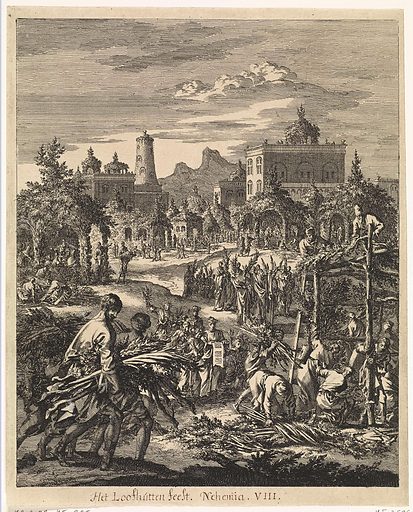Blessed Schuster’s Daily Thoughts on the Rule: Passion Monday

Passion Monday
Station at St Chrysogonus
The Living Water and the Spirit
1. Today the station is in Trastevere at the titulus of St Chrysogonus. In the Gospel, Jesus responds to those who had sent a patrol of soldiers to arrest Him.
‘You now want to rid yourselves of Me, because My preaching weighs on you. But you will see a day in which you will seek for Me, and then you will no longer find Me.’ [Cf. John 7:34]
Time lost no longer turns back. Therefore the Cassinese Patriarch [St Benedict] teaches that the days of the present life are granted to us ad emendationem malorum. (Rule, Prologue: ‘To amend ourselves of vices.’)
Saint Augustine said: timeo Jesum transeuntem. (‘I fear Jesus Who passes.’) If He is not recognised at once; if one does not cast oneself at His feet to adore Him and receive His orders, He passes by, and we will no longer have that beautiful occasion to advance on the way of salvation.
***
2. The Israelites had, as it were, monopolised and nationalised religion, and they strongly feared that Jesus would one day or other go off to evangelise the Gentiles: Numquid in dispersionem gentium iturus est? (John 7:35: ‘Will he perhaps depart to the diaspora of the Gentiles?’) Unfortunately, this is what happened. After Israel refused to welcome the Gospel message, and tried to suffocate in blood the first Christian rebirth,1 the Apostles betook themselves to preach in the diaspora, among the Greeks and Romans, and they gathered abundant fruit.
The judgment of God is being renewed upon the nations. They are little by little estranging themselves from Christianity, and God recompenses the Church with magnificent fruits that she is gathering in the far-off missions of Asia and Africa, even among the page-boys of Uganda [St Charles Lwanga and companions—tr.], who are transformed into heroic martyrs of Christian purity.
***
3. On the last day of the solemnity of Tabernacles, when one of the priests would bring to the temple a cup of water from Siloe, Jesus declares: ‘He who thirsts, let him come to Me and drink…’ This He said, however, of the Spirit Which as many as would believe in Him would receive.
To whom is promised this saving water? To him who thirsts. But to have thirst, it is necessary not to have drunk previously. Today, so few have a thirst for God, because they slake their thirst first at human cisterns, cracked cisterns, where other infiltrations enter to taint the water.
Therefore, before praying the Saviour to grant us this spiritual water, begin by not drinking any more at the fountain of this world. Then pray that with the ardour of the Holy Spirit He may enkindle in you an unquenchable thirst for God.
For it is written: ‘Blessed are they who hunger and thirst for justice, because they will be satisfied.’ (Matt 5:6)
Saint Benedict not once but twice2 brought forth water from the rock to slake the thirst of his disciples, both at Subiaco, and at Monte Cassino.
1 Schuster says rinascita, ‘rebirth’, referring perhaps to the rebirth of Baptism, or else to the rebirth of the Apostles’ faith after the Resurrection.
2 The Italian phrase is ben due volte, which could be rendered as ‘a full two times’.
